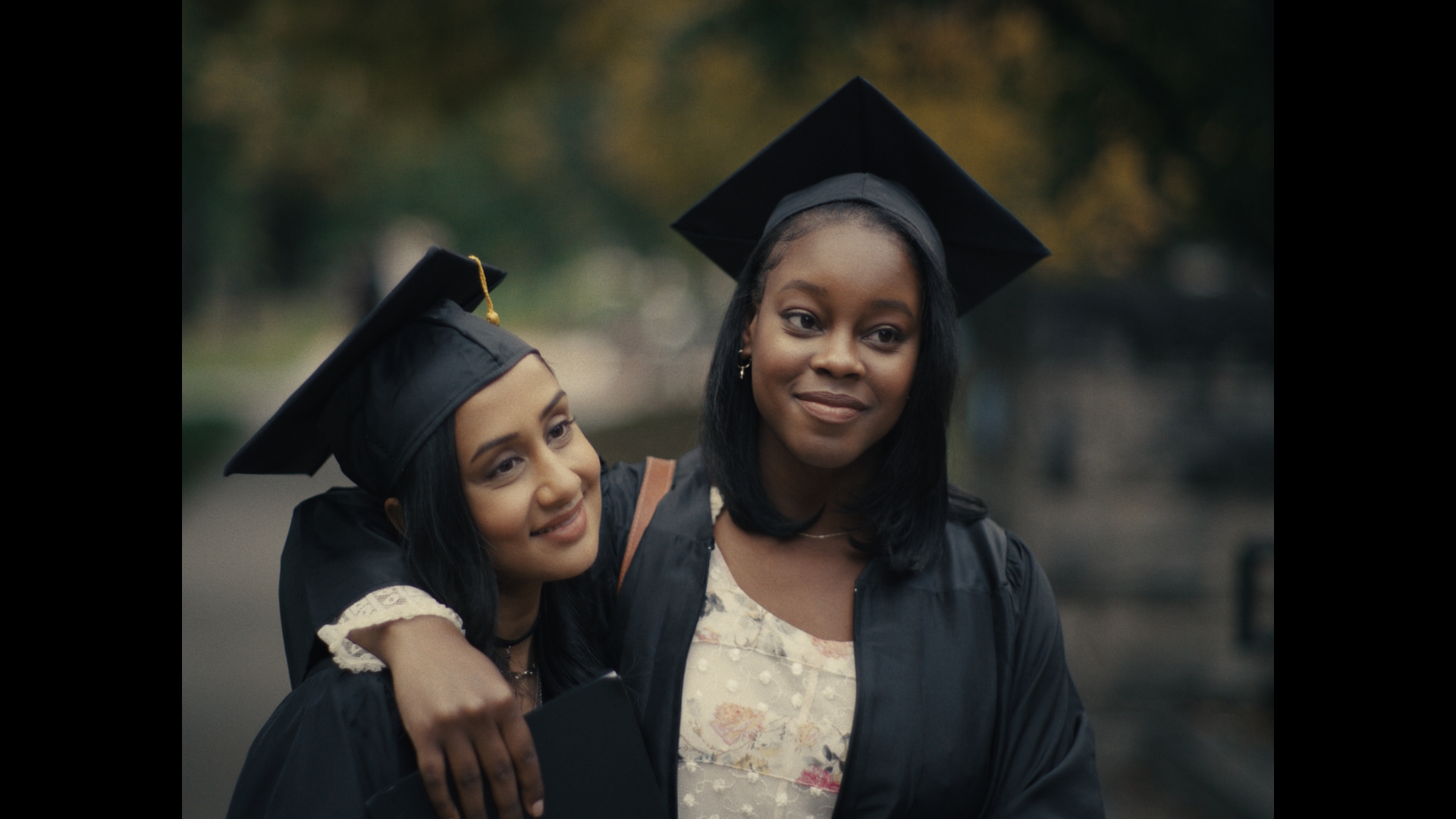Why I'm Rooting for Nicolandria—and Why I Made Summer of Violence
Aug 05, 2025
There’s been a lot of conversation online lately about Love Island’s breakout couple, Nicolandria—Nic and Olandria. And I have to be honest… I’m rooting for them with my whole heart.

Not because they’re perfect, not because I believe reality TV is a fairytale factory—but because I know what it means to watch a dark-skinned Black woman be chosen on a mainstream stage. I know what it means to watch her be soft, radiant, magnetic—and loved. I know the impact of that image, because we rarely see it.
And if I’m being real, the internet’s response has been predictable.
People are already bracing for backlash:
-
“When is Nic’s family going to show their true colors?”
-
“Wait until his ex drops the receipts.”
-
“Let’s see if he still likes her off-camera.”
It’s like we’re conditioned to expect the other shoe to drop. To expect Black women—especially dark-skinned women—to get played. To be the test, not the forever. The momentary interest, not the deep choice.
This is why I made Summer of Violence.
The lead in my film is played by Kasey Inez—a gorgeous, chocolate-skinned actress who carries this entire story on her back. She is complicated. She is loved. And she is centered. Her character isn’t reduced to tropes or tokenism. She gets to be the main character—in her fullness, in her beauty, in her choices.
And here’s where it flips.
In the film, the interracial relationship doesn’t spark tension from the white family.
It’s the Black family that struggles.
I wrote that intentionally. Because in our community, these conversations aren’t always straightforward. There’s pride, there’s pain, there’s trauma. There are layers that we often don’t explore on screen—because we’re too often shown through someone else’s lens.
And that’s the deeper reason I made this film.

Because if we don’t tell our own stories, someone else will.
And when they do, we become the object—flattened, simplified, explained.
But when we tell the story, we get to define the nuance.
We get to say: yes, Black women can be the center of love stories.
We get to say: the family dynamics are ours to unpack.
We get to say: beauty isn’t something to earn, it’s something we already are.
So yes, I’m rooting for Nicolandria. I love watching Olandria be adored on screen. And I also know that one couple on reality TV isn’t enough. That’s why I keep telling stories like Summer of Violence.
Because when we lead our own narratives, we reshape what’s possible—not just on screen, but in real life.
Summer of Violence is now streaming on Tubi.
And if you're an artist or filmmaker who’s ready to stop waiting and start creating—we need your voice. I have a free class that can help. Click Here to Register


